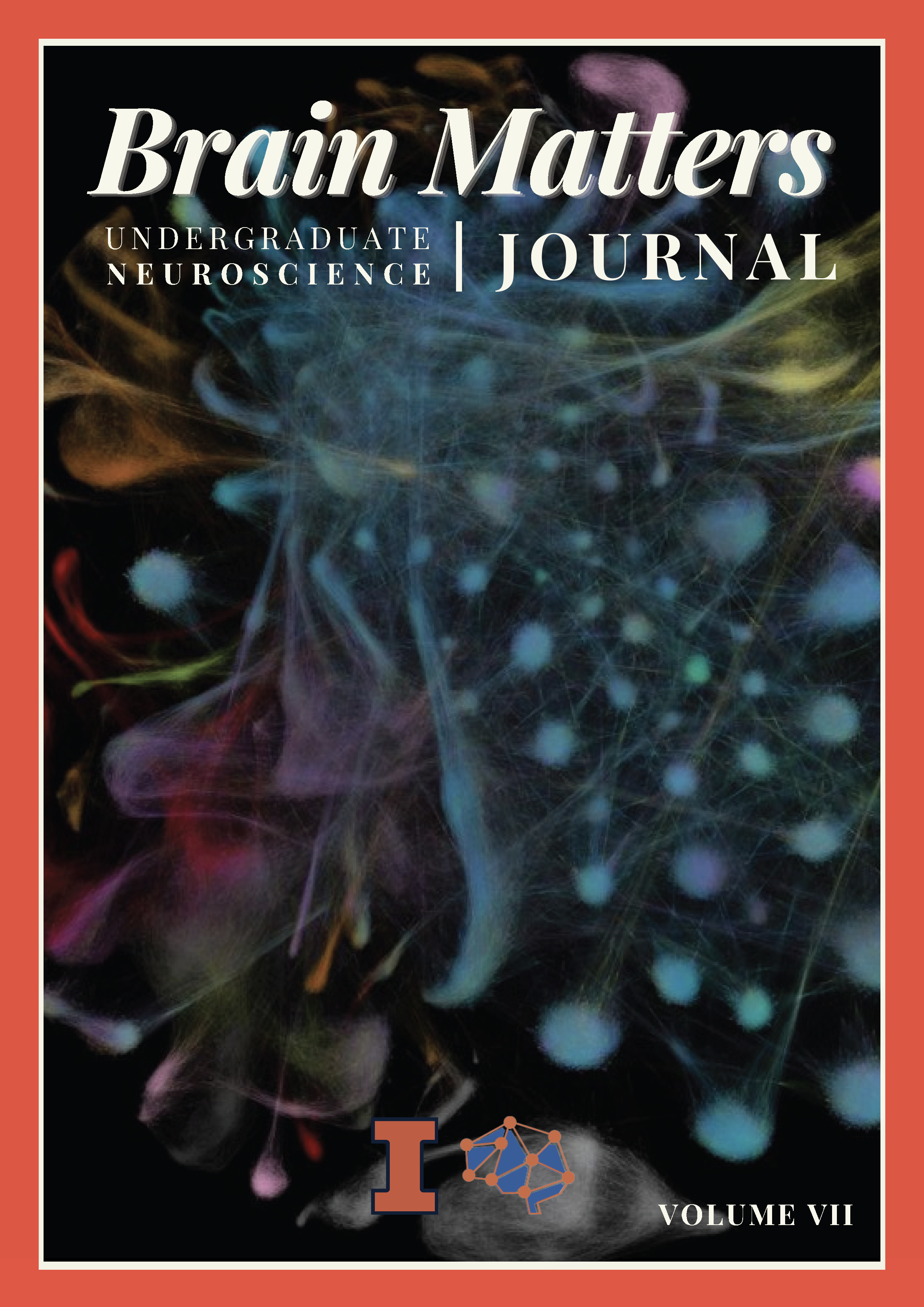The Interplay of Cognitive and Emotional Control in Autism Spectrum Disorder
Main Article Content
Abstract
Autism Spectrum Disorder (ASD) is a condition that affects how an individual interacts, communicates, learns, and behaves (National Institute of Mental Health). This can significantly impact two crucial areas for navigating our daily lives: cognitive and emotional control. The cognitive side aids decision-making and clear communication. They allow us to weigh various options logistically and predict the potential consequences of those decisions. The emotional side helps manage healthy relationships as these controls allow for attentive listening, clear communication, and disagreement navigation. Multiple studies delve into the interplay between cognitive and emotional control between individuals with ASD and typical adults (TYP) without ASD. By understanding how cognitive and emotional control affects individuals with ASD, we can create a society that is more accessible and enthusiastic to help.
Article Details

This work is licensed under a Creative Commons Attribution-NonCommercial-ShareAlike 4.0 International License.

